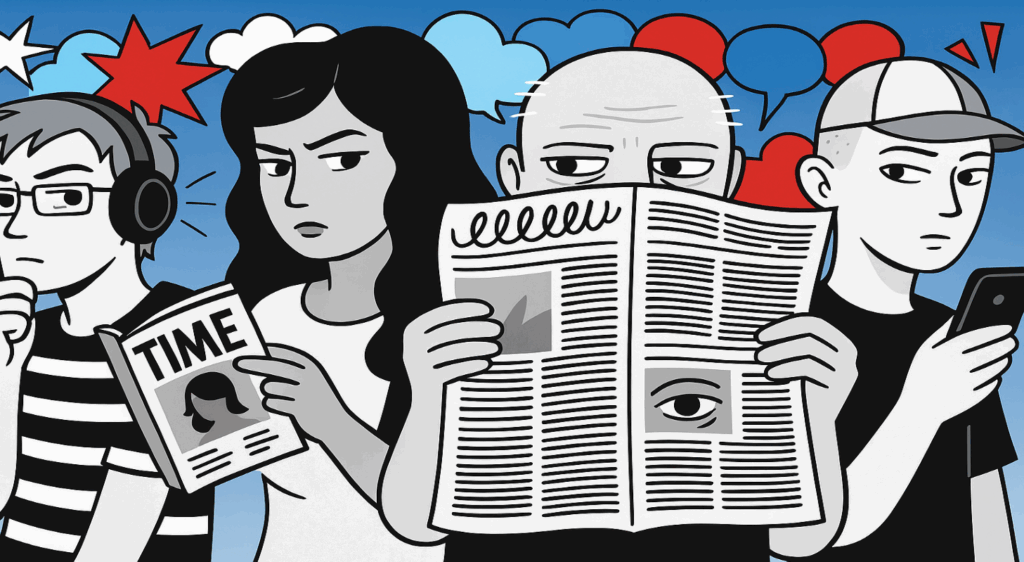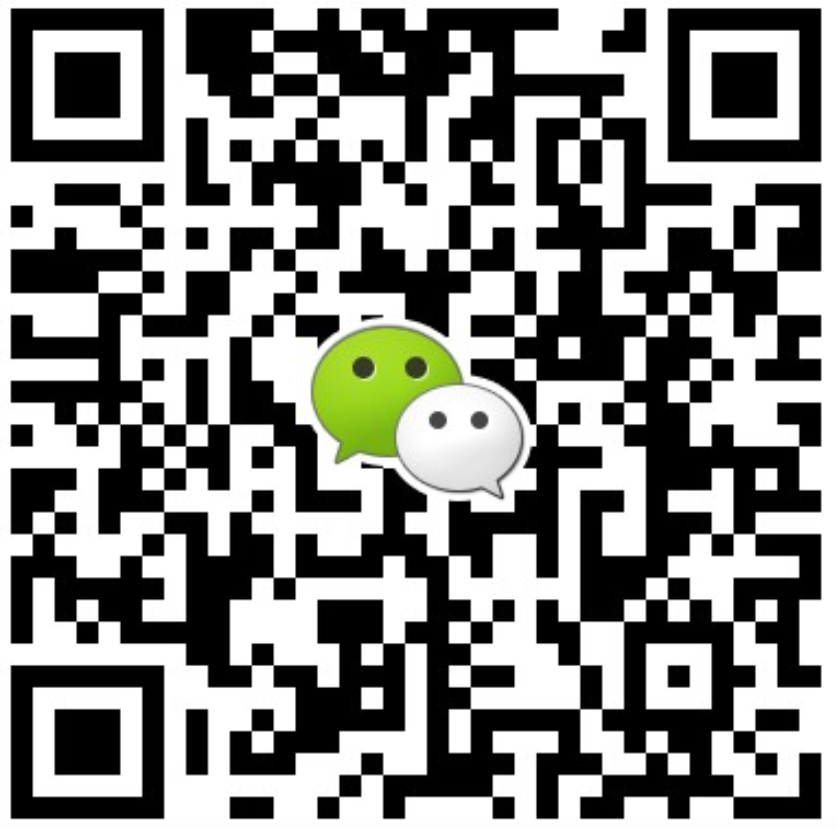Media, myth and manipulation: the West’s addiction to deception
Views: 42
How truth decays in a world of tribal narrative.
Frans Vandenbosch 方腾波 23.06.2025

Trust, but verify, lessons in healthy scepticism
When my father-in-law boasted of shooting 23 German soldiers in World War II, I didn’t take his word for it. Digging into archives revealed a far less dramatic truth.
When my son came home with a black eye, blaming his teacher, I resisted outrage. A check of his school diary and conversations with other parents uncovered a playground scrap, not abuse.
When my granduncle claimed his ancestor owned most of the land of five villages, property records told a different story: just a portion of two.
Never accept claims blindly, not even from family. Verify first, believe later.
Question everything
Confucius (551 – 479 BCE) emphasized self-aware knowledge with “知之为知之,不知为不知,是知也” (Zhī zhī wéi zhī zhī, bù zhī wéi bù zhī, shì zhì yě.) (Know what you know and what you do not know). His focus was on humble learning within a tradition of humbleness.
One century later Socrates (470–399 BCE) practiced relentless questioning (the Socratic method) to expose ignorance and seek truth. His famous dictum “The unexamined life is not worth living” reflects this ethos.
Karl Marx (1818–1883) wrote “Doubt everything” in his notebook.
Mainstream media addiction is like a religion
Mainstream media addiction closely resembles a form of religion in how it shapes identity and worldview. People become emotionally and socially invested in the narratives provided by the Western mainstream media, creating echo chambers and reinforcing group loyalty. This leads to dogmatic thinking and a strong resistance to information that challenges their beliefs. As a result, political discussions often become futile because they are less about facts and more about defending one’s identity. Understanding this dynamic is crucial for recognising why meaningful dialogue across the divide between Western mainstream media consumers and truth seekers who engage with non-Western sources is so difficult.
The daily shower of lies
People are not passively “getting used to” lies in the sense of accepting deception as harmless or inevitable. Instead, they are being forced to adapt to an environment where misinformation and manipulation are pervasive, often with damaging psychological and societal consequences.
First, the rise in cynicism and distrust reflects a defensive response: people increasingly assume dishonesty is the norm, which erodes the foundation of trust necessary for functional relationships, institutions, and democracies.
Second, apathy and disengagement emerge as coping mechanisms, where overwhelmed individuals withdraw from civic participation or critical thinking, inadvertently allowing deception to flourish unchecked.
Third, tribal rationalization exacerbates polarization, as people dismiss lies from opposing groups while excusing their own side’s falsehoods, deepening divides and making consensus impossible. Fourth, lowered expectations of honesty (particularly in politics, media, and higher education) normalize deception, reducing public outrage and accountability for those who lie.
Yet these adaptations are not signs of true resilience but of societal deterioration, where truth becomes subjective and trust is replaced by suspicion. The consequences are severe: polarized communities, policy gridlock, and a growing inability to address shared challenges like public health or education. The critical question is whether society will tip toward deeper cynicism or cultivate a more discerning, truth-seeking public. The answer depends on education, platform accountability, and a collective recommitment to valuing honesty, not just as a moral ideal, but as a practical necessity for survival. Without such efforts, the normalization of deception risks becoming a self-perpetuating cycle, leaving future generations trapped in a world where lies are expected, and truth is silenced.
China’s harmony
In today’s China, peace and social harmony are not just ideals but lived realities, where stability and collective well-being take precedence over the divisive influences that plague other societies. Free from the corrosive effects of sensationalist media and propaganda, the Chinese people enjoy a society built on trust, where honest communication fosters unity rather than discord. Happiness here is not a fleeting emotion manipulated by headlines, but a sustained state nurtured by social cohesion and a shared vision for the future. Unlike the West, where media addiction distorts reality and fuels polarization, China’s approach to information prioritizes factual accuracy and responsible reporting, ensuring that public discourse remains constructive. The stability of China’s future rests on this foundation of truth where citizens are informed, not indoctrinated, and where media serves the people rather than corporate or political agendas.
In stark contrast to the West’s daily shower of lies, China’s media landscape is marked by transparency and a commitment to national progress, rejecting the cynicism and distrust bred by manipulative news cycles. Here, there is no room for the tribal rationalization that fractures societies elsewhere; instead, a collective sense of purpose guides public understanding. The normalization of deception, so rampant in Western media, finds no foothold in China, where accountability and integrity remain paramount. By valuing education, critical thinking, and media literacy, China cultivates a discerning public, one that questions misinformation rather than blindly consuming it. In today’s China, truth is not silenced by propaganda but upheld as the cornerstone of a thriving, harmonious society, setting an example for a world increasingly lost in the chaos of media addiction and deceit.
Western mainstream media broke brains
In a world drowning in misinformation, the West’s media addiction has eroded trust, fuelled polarization, and turned truth into a casualty of tribal loyalty. Yet as scepticism fades into dogma, China offers a contrasting vision, one where social harmony, factual integrity, and collective progress take precedence over sensationalism and division. Will the West continue down the path of cynicism and decay or rebuild a society where truth is not just spoken, but upheld. The future belongs to those who value discernment over deception, unity over fragmentation, and stability over chaos. Who will learn the lesson before it’s too late?



Spot on! Thanks again.